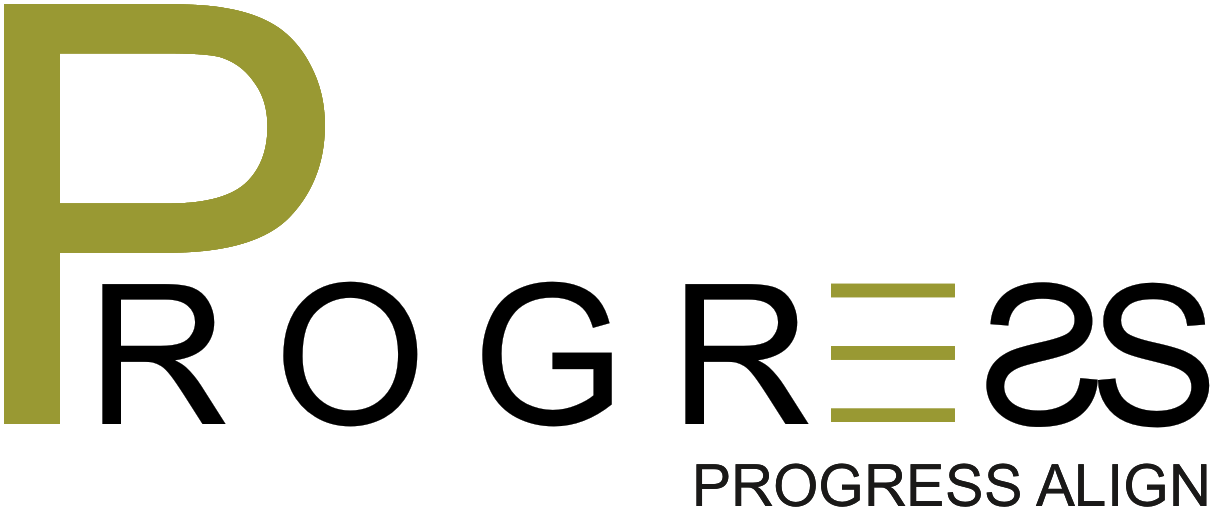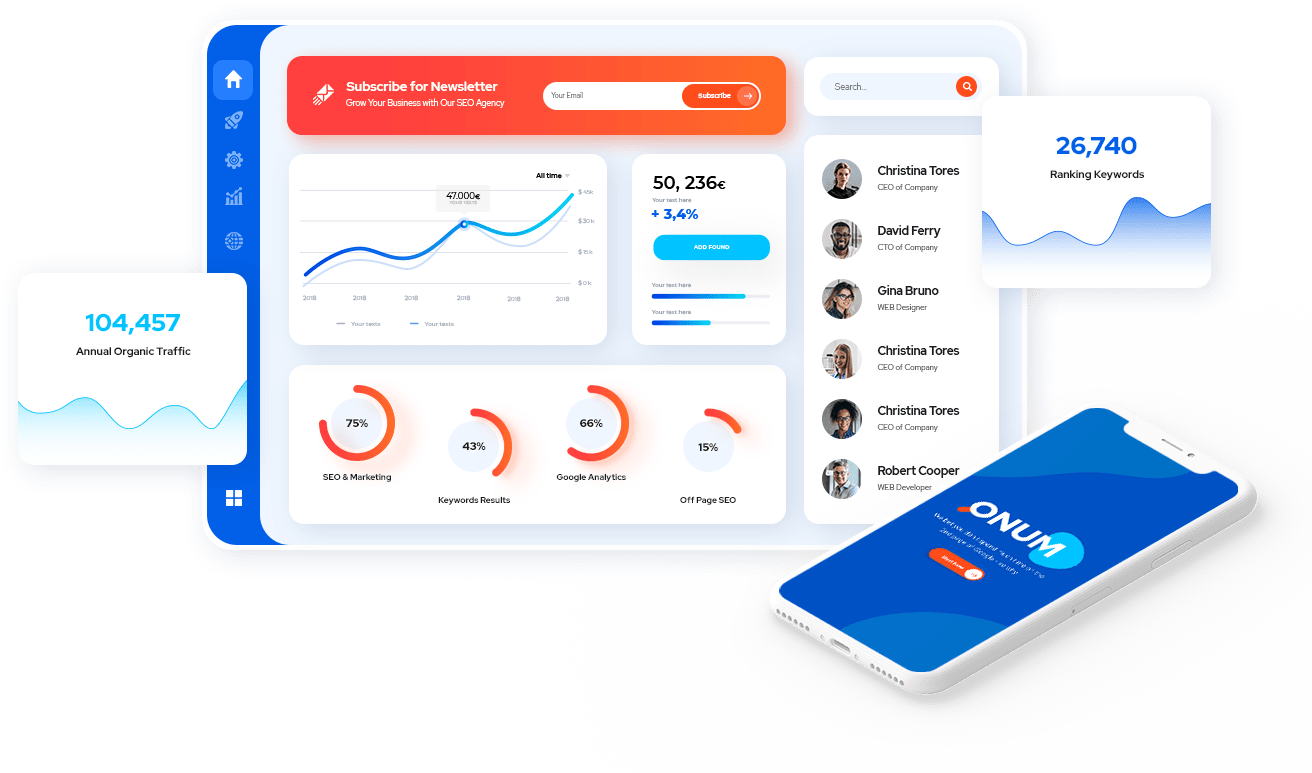
In today’s rapidly evolving digital age, businesses must continuously adapt to stay relevant and competitive. Digital marketing, a critical component of this adaptation, has revolutionized how companies reach and engage with their audiences. This article explores the multifaceted world of digital marketing, highlighting its key components, benefits, and strategies for success.
What is Digital Marketing?
Digital marketing encompasses all marketing efforts that use the internet or electronic devices. Businesses leverage digital channels such as search engines, social media, email, and websites to connect with current and prospective customers. Unlike traditional marketing, digital marketing allows for more precise targeting, measurement, and adjustment of strategies in real time.
Key Components of Digital Marketing
- Search Engine Optimization (SEO): SEO involves optimizing website content to rank higher in search engine results pages (SERPs). Businesses can attract more organic traffic by enhancing visibility on platforms like Google. Effective SEO requires keyword research, on-page optimization, and high-quality content creation.
- Content Marketing: Content marketing focuses on creating and distributing valuable, relevant content to attract and retain a clearly defined audience. Blogs, videos, infographics, and eBooks are popular content formats. The goal is to provide informative and engaging content that builds trust and authority.
- Social Media Marketing: Social media platforms like Facebook, Instagram, Twitter, and LinkedIn offer powerful avenues for reaching and interacting with customers. Social media marketing involves creating and sharing content, engaging with followers, and running paid advertising campaigns to boost visibility and engagement.
- Email Marketing: Email marketing remains one of the most effective ways to nurture leads and drive conversions. Personalized email campaigns can deliver targeted messages to subscribers, promoting products, sharing news, or offering special deals.
- Pay-Per-Click (PPC) Advertising: PPC advertising, such as Google Ads, allows businesses to display ads on search engines and other platforms, paying only when users click on the ad. This model provides a cost-effective way to drive traffic and increase sales, especially with strong keyword strategies.
- Affiliate Marketing: Affiliate marketing involves partnering with other businesses or influencers to promote products or services. Affiliates earn a commission for each sale or lead generated through their marketing efforts, creating a mutually beneficial relationship.
Benefits of Digital Marketing
Digital marketing offers numerous advantages over traditional marketing methods:
- Cost-Effectiveness: Digital marketing campaigns can be more affordable than traditional methods, offering higher returns on investment (ROI) through precise targeting and measurable results.
- Enhanced Targeting: Advanced analytics and data tools enable marketers to target specific demographics, interests, and behaviors, ensuring that marketing efforts reach the most relevant audiences.
- Measurable Results: Digital marketing provides comprehensive metrics and analytics, allowing businesses to track performance and adjust strategies in real time for optimal results.
- Global Reach: The internet’s vast reach allows businesses to expand their market beyond geographical boundaries, accessing a global audience.
- Customer Engagement: Interactive platforms and personalized content foster stronger relationships between businesses and customers, enhancing loyalty and satisfaction.
Strategies for Success in Digital Marketing
- Define Clear Objectives: Set specific, measurable goals for your digital marketing efforts. Clear objectives guide your strategy and measure success, whether it’s increasing website traffic, generating leads, or boosting sales.
- Know Your Audience: Conduct thorough research to understand your target audience’s needs, preferences, and behaviors. This knowledge informs content creation, ad targeting, and overall strategy.
- Create Quality Content: Focus on producing high-quality, valuable content that addresses your audience’s pain points and interests. Consistency and relevance are key to building trust and authority.
- Leverage Multiple Channels: Use a mix of digital marketing channels to reach and engage your audience. An integrated approach ensures broader visibility and reinforces your brand message.
- Monitor and Adjust: Continuously track the performance of your digital marketing campaigns. Use analytics tools to gain insights and make data-driven adjustments to optimize your strategy.
Conclusion
Digital marketing is an indispensable tool for modern businesses aiming to thrive in a competitive landscape. By leveraging the power of digital channels, businesses can reach broader audiences, engage customers more effectively, and achieve higher returns on their marketing investments. As technology continues to evolve, staying abreast of digital marketing trends and best practices will be crucial for sustained success.




